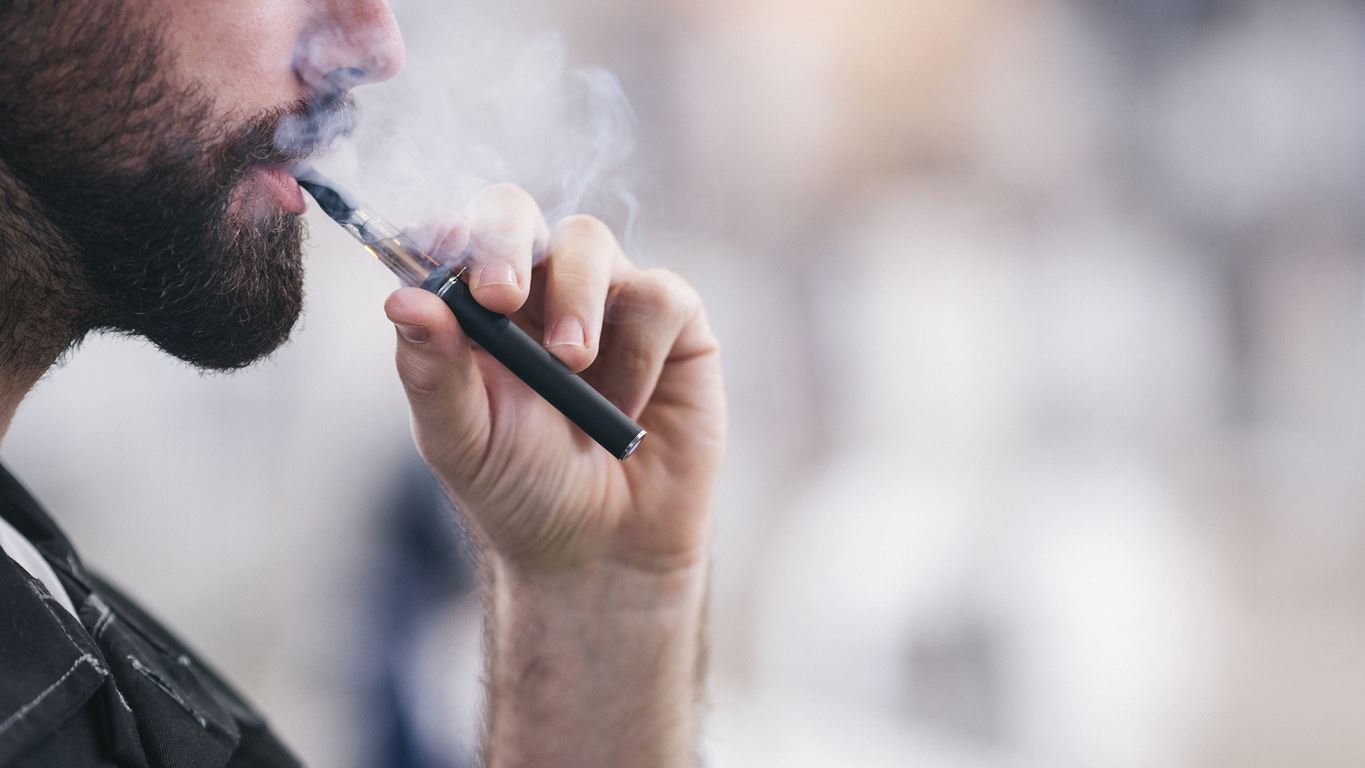The U.S Food and Drug Administration (FDA) has been working towards a ban on menthol flavor in cigarettes since passing the 2009 Tobacco Control Act (TCA). On April 29, 2021, the agency formally announced that it would ban menthol—the last allowable flavor—in cigarettes, including all other flavors in cigars in a bid to save lives from tobacco addiction. This move pointedly targets tobacco manufacturers, distributors, wholesalers, importers, and retailers.
Gregory Conley, President of the American Vaping Association, challenges the FDA's public health stance, saying the ban on menthol products will not bring any huge health impact as people will just shift to other tobacco products. The tobacco industry is expected to oppose the FDA's intended plans in a big way come 2022.
What the Menthol Ban Means for Tobacco Distributors
The key pain point for all the distributors will be the dramatic impact on their tobacco revenues. In 2009, menthol makes up a third of the cigarette market in the U.S and still does in 2021. Ever since the FDA has been viewed as relentlessly targeting the tobacco industry to regulate tobacco sales and distribution. This often leads to panic mode and significantly impacts the stability of the industry.
While sales for genuine distributors depress, sales on the black market increase. Not only do the state and federal governments miss out on the tax revenue, but it also can lead to safety concerns in the industry. The stability of big players like British American Tobacco could be at stake, too, as menthol cigarettes account for between 55 percent and 60 percent of its sales volumes in the U.S. This appears to be an unfair precedent imparted on the industry, which ironically hurts their sales but increases tobacco usage. This may also be counterintuitive for the FDA, which aims to reduce tobacco use among young people and low-income communities.
When Does the Ban Go Into Effect
It could take years before a ban on menthol takes full effect. During this period, the tobacco industry will also need to present solid evidence to fight the ban. In response, the FDA will likely rely on scientific evidence as they will be supporting research on menthol and nonmenthol products as well as other flavored tobacco products. The upside is that the complex rulemaking process will allow the industry to prepare valid arguments to stop the agency from criminalizing menthol cigarettes and other flavored products. The Imperial Tobacco Company, whose product Kool takes up 8% of the menthol market, hopes the lengthy process will show there is no justifiable scientific evidence to support the move.
The Next Step for the FDA's Ban on Menthol
States such as Washington, DC, which have joined the ban, continue to embolden and strengthen the FDA. This poses an intense battle for the tobacco industry. This, in its own right, has a considerable market share and political influence. Tobacco distributors can take this time to learn more about how the ban will affect their businesses. That said, if you want more information on the progress of the ban over time, do not hesitate to contact us.


